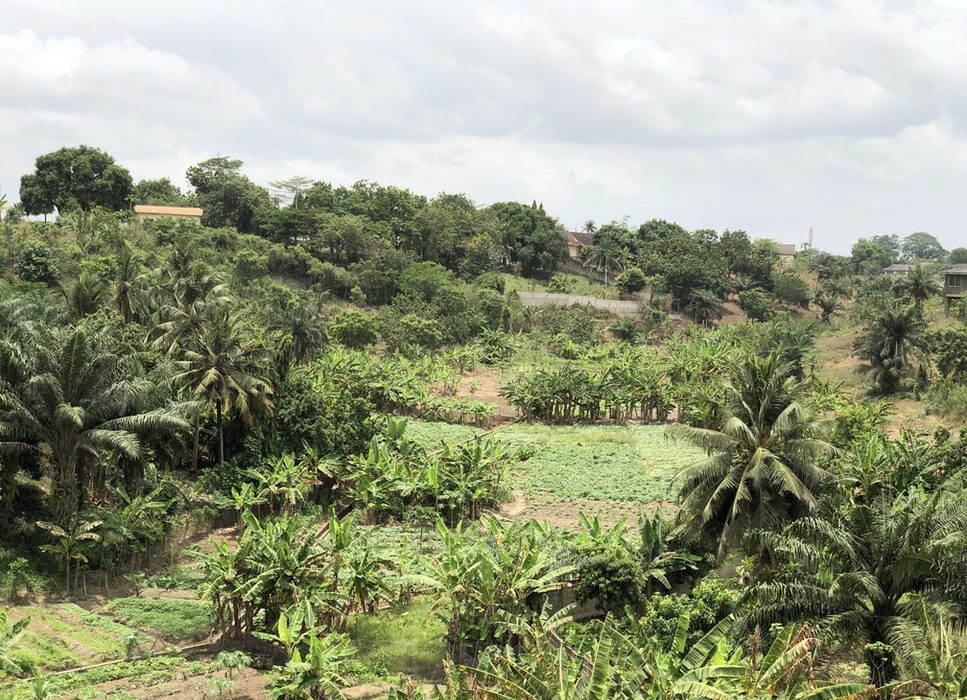Client
Collaborative Labeling and Appliance Standards Program (CLASP)
projeCt Description
The Collaborative Labeling and Appliance Standards Program (CLASP) is an international nonprofit organization whose mission is to serve as the primary resource and voice for appliance, lighting and equipment energy efficiency (EE) worldwide. The CLASP serves as the operating agent for the Super-efficient Equipment and Appliance Deployment (SEAD) Initiative, which was launched within the Clean Energy Ministerial’s Global Energy Efficiency Challenge of July 2010 with the aim of transforming the global market for efficiency equipment and appliances.
As part of this global initiative, in 2013, the CLASP mandated Econoler to evaluate the existing policy, regulatory and institutional frameworks for the development and implementation of an appliance EE standards and labels (S&L) program in the 15-country Economic Community of West African States (ECOWAS) region. The main beneficiary of this assessment was the ECOWAS Center for Renewable Energy and Energy Efficiency (ECREEE), which was endeavouring to create a regional system of appliance efficiency S&L at the regional level.
Highlights
For this project, Econoler studied the existing national and regional institutional, regulatory and policy frameworks within the ECOWAS and analyzed the opportunities and challenges for implementing the regional appliance S&L program.
Together, they accomplished the following tasks:
- Created a list of the most relevant regional and national institutions for EE and S&L promotion;
- Conducted in-person or telephone interviews with key institutions to obtain insightful input from decision-makers and potential/future stakeholders for the S&L program;
- Surveyed the EE and S&L laws, regulations, policies and programs in place or being developed in each country;
- Assessed the financial, technical and logistical capacity of institutions related to EE and S&L in the region, and evaluated existing relationships between these institutions and the lines of authority;
- Evaluated the capacity of the said institutions to establish, monitor and enforce compliance of regional S&L policies.
- Proposed a cooperation plan to develop a synergy between institutions where no S&L policies are in place.
- Prepared the Final Report with regional and country-specific institutional and regulatory framework assessment findings and recommendations for strategies to overcome barriers to EE and S&L program development and implementation.
Upon its completion, this regional institutional and regulatory framework assessment was used by the ECREEE and its technical committee of regional policy-makers and international technical experts to inform and guide the implementation strategy and work plans for the regional appliance S&L program.



